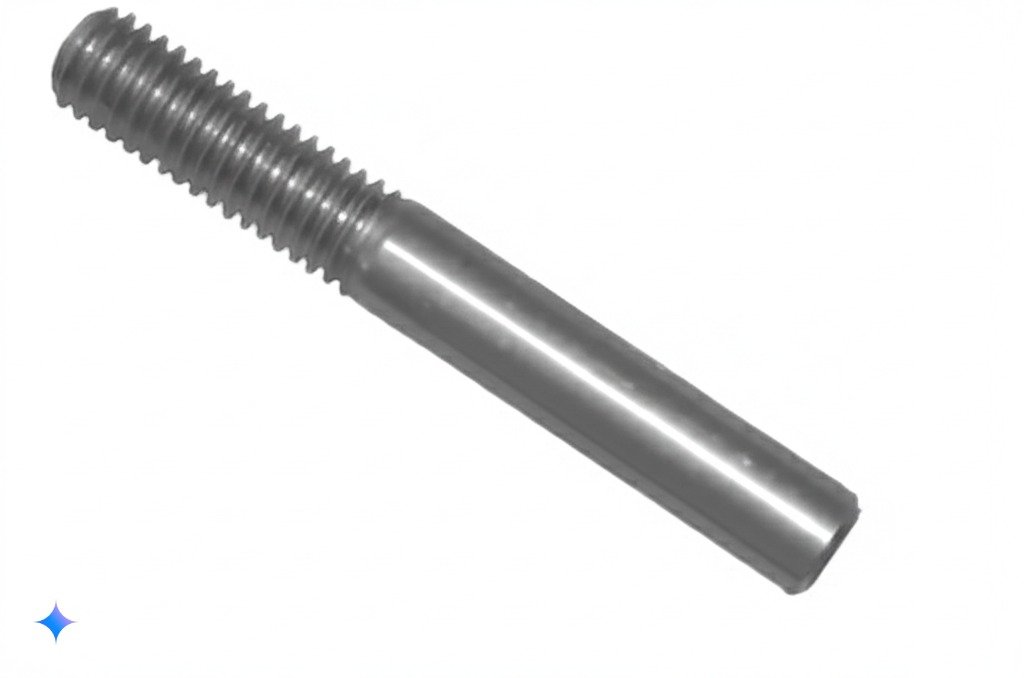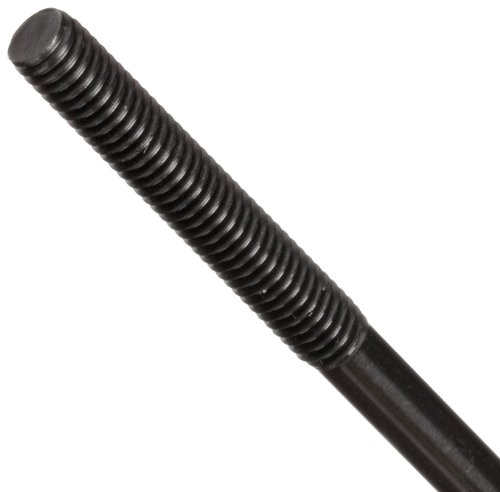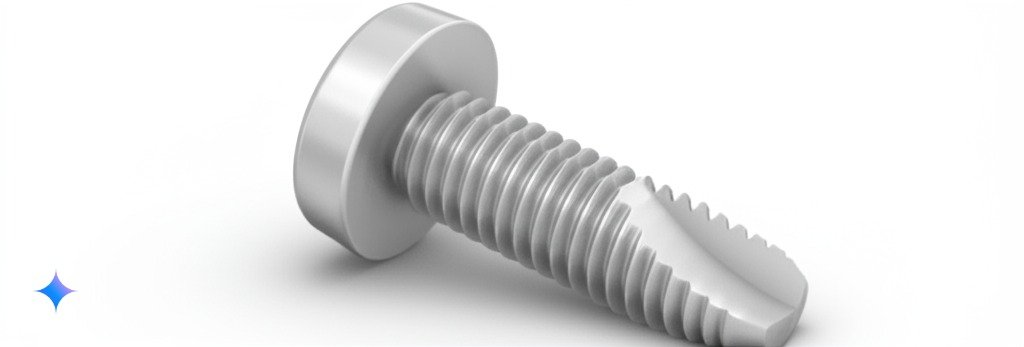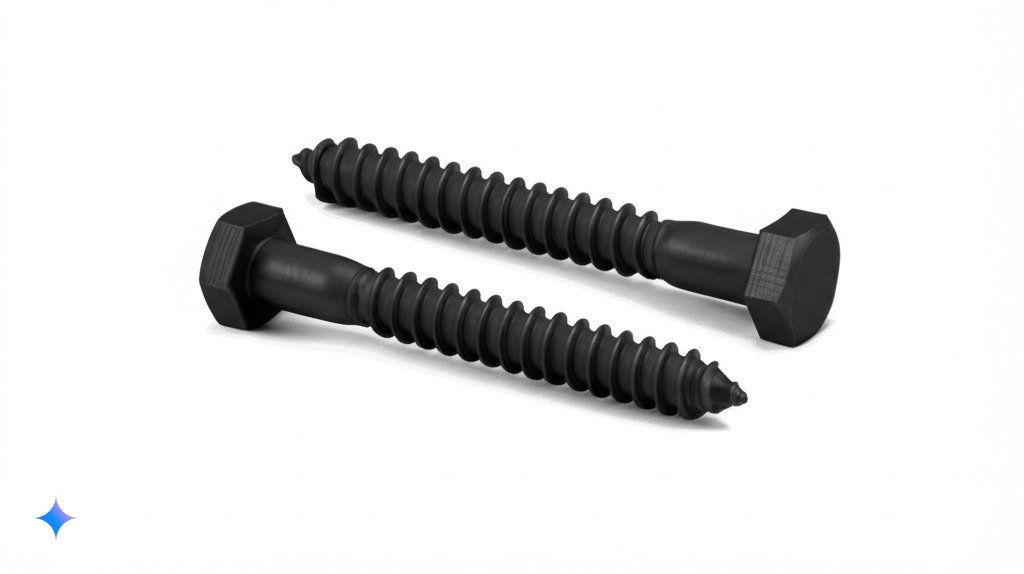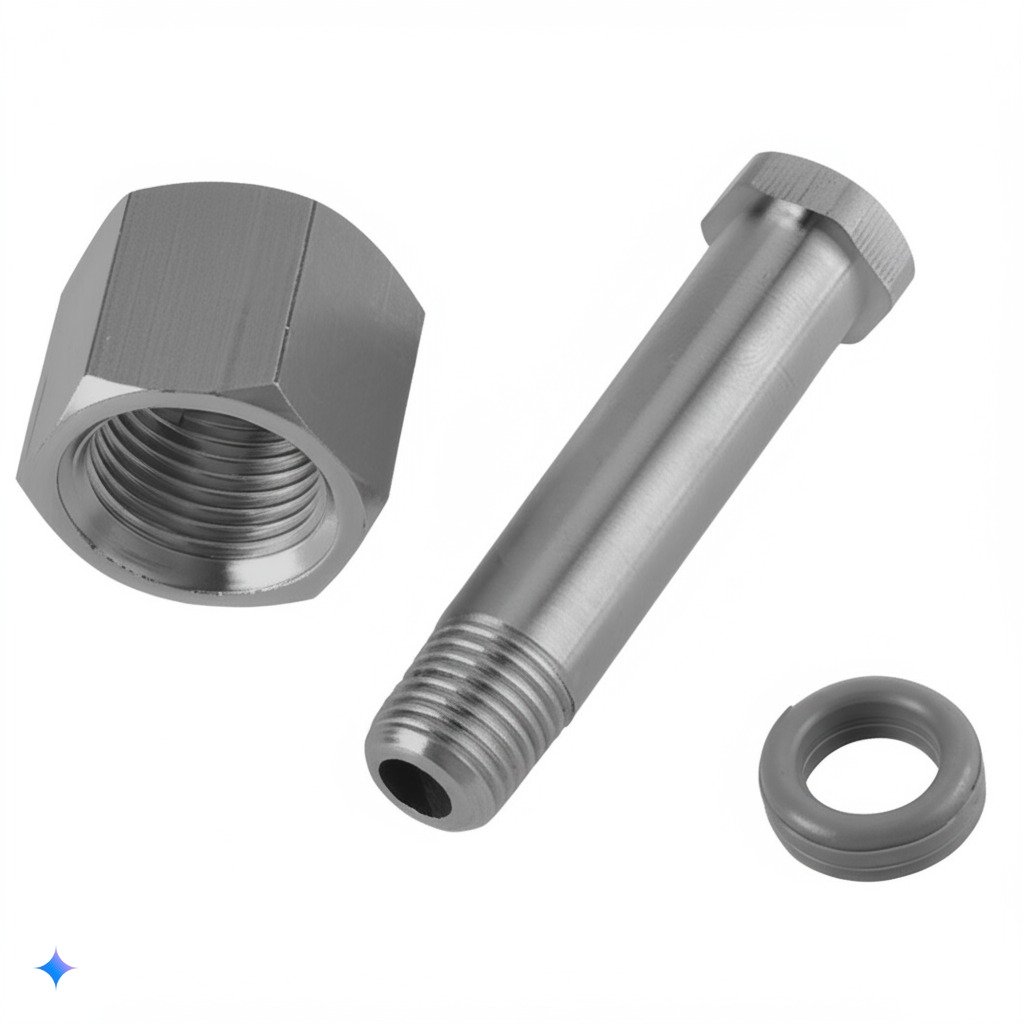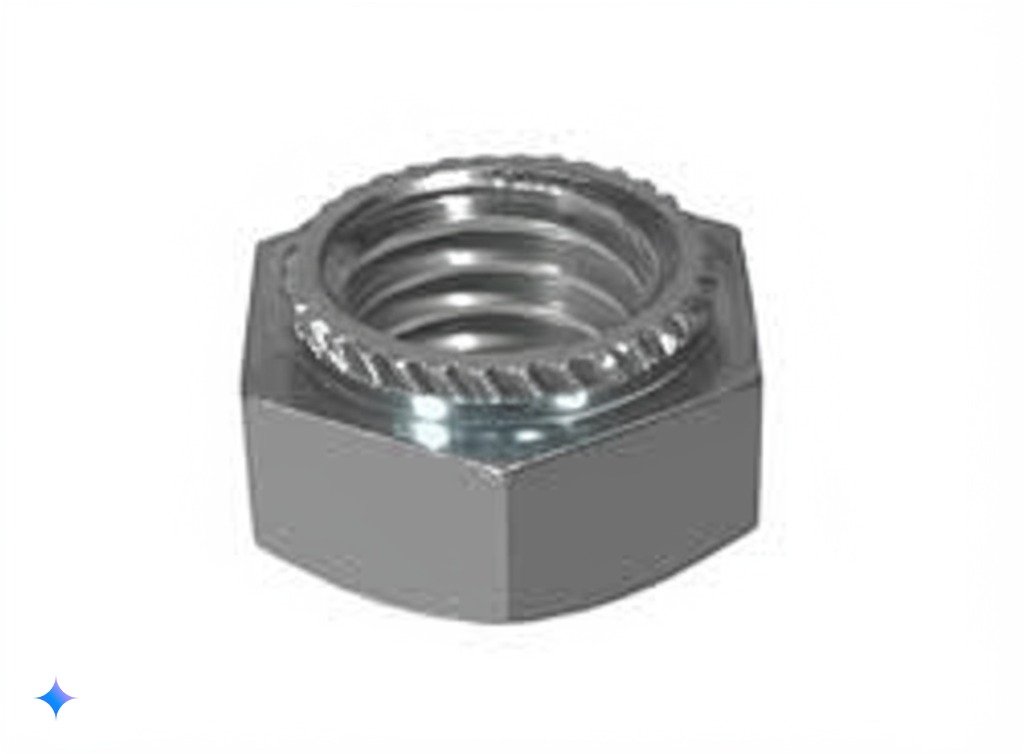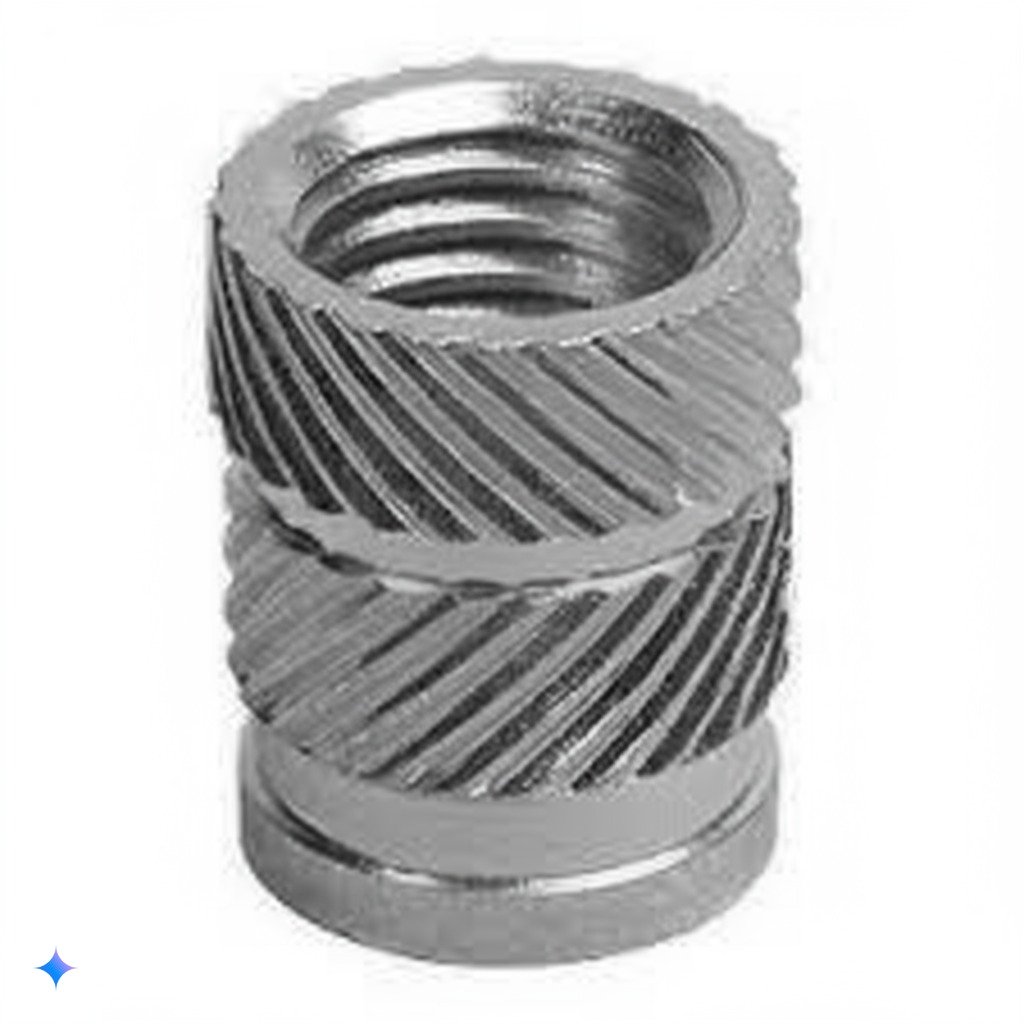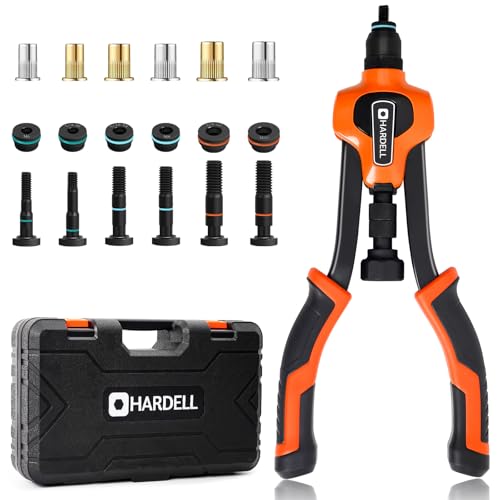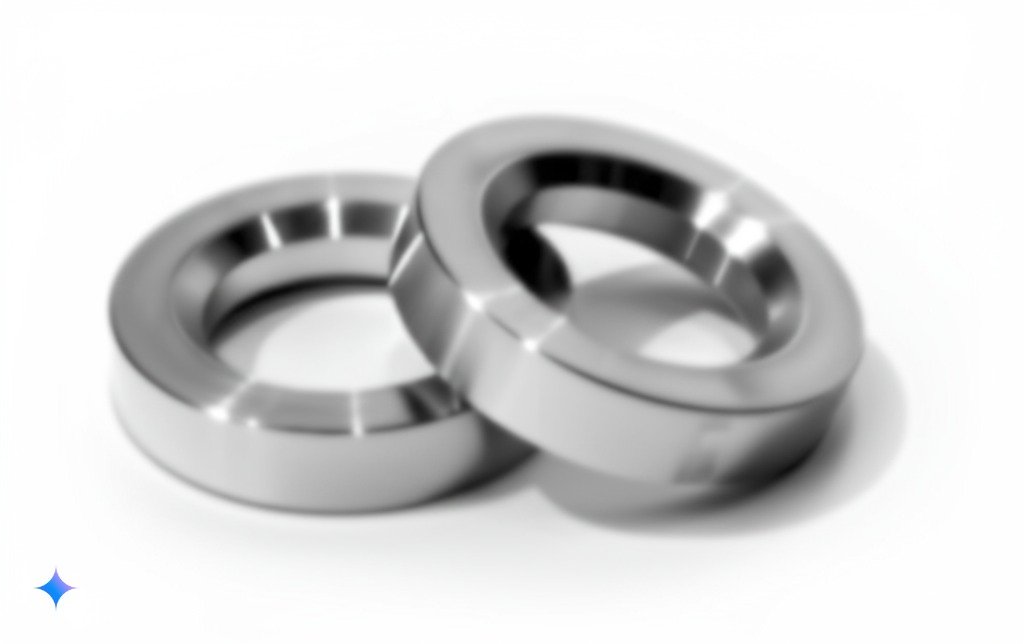
By Nicolás Longo
(As an Amazon Associate we earn from qualifying purchases)
A Comprehensive Guide to Spherical Washers: Technical Insights, Data, and Expert Recommendations
Spherical Washers are a unique and versatile category of fasteners that play a crucial role in numerous applications, from precision engineering to heavy-duty construction. Their distinctive curved design provides optimal load distribution, reduced stress concentration, and enhanced alignment capabilities, making them an essential component for ensuring secure and durable assemblies. Whether you are dealing with a spherical washer set for leveling or require a self aligning spherical washer for dynamic loads, understanding the subtleties of these fasteners is critical. Recent studies indicate that using high-quality Spherical Washers in mechanical joints can improve performance by up to 20% and reduce maintenance costs significantly (Learning Engineering).
In this guide, we will delve into the world of Spherical Washers by discussing their design features, technical specifications, and the various types available. You will learn about alternatives such as conical seat washers, m5 spherical washers, and din 6319 spherical washers, among others. This article not only covers the fundamental properties of Spherical Washers but also provides practical tips and comparative insights that can assist you in choosing the right product for your specific requirements. Our discussion will cover both material and finish variations, including stainless steel spherical washers and those made to conform to DIN 6319c standards, ensuring that every facet of your application is considered.
Engineered for precision, Spherical Washers are renowned for their ability to adapt to irregular surfaces and compensate for misalignment. This makes them ideal for applications where standard flat washers may not suffice. For instance, a spherical seat washer is often employed in situations where uneven surfaces could compromise the integrity of the fastener connection. In addition, the innovation of spherical washer applications, such as those available at Fastenal and McMaster-Carr, showcases how modern fastener technology has evolved to meet increasingly stringent performance standards. Data from various industry reports show that incorporating such advanced washers can lead to an overall increase in joint efficiency and longevity.
Spherical Washers are not just about functionality; they also offer a range of design benefits. Their rounded profile provides excellent resistance to rotation and can significantly mitigate vibration-related loosening of bolts and nuts. This aspect is particularly important in automotive, aerospace, and industrial machinery applications, where the consequences of fastener failure can be severe. Moreover, variations like stainless steel spherical washers offer superior corrosion resistance, making them suitable for harsh environments where exposure to moisture or chemicals is a concern. With options such as m6 spherical washers and SKF spherical washers, the market offers a broad spectrum of products tailored to different performance requirements and budgets.
Why Choose Spherical Washers for Your Applications?
Selecting the right Spherical Washers can transform the reliability and efficiency of your mechanical assemblies. Here are some key reasons to consider these fasteners:
- Optimal Load Distribution: Spherical Washers spread the load over a broader area, reducing localized stress and potential surface damage.
- Enhanced Alignment: With designs like self aligning spherical washers, these fasteners can compensate for misalignments, ensuring a more secure fit.
- Versatile Applications: Whether it’s a spherical washer set for leveling in construction or din 6319 washers used in precision equipment, the adaptability of these products is unmatched.
- Durability and Longevity: Materials such as stainless steel in spherical washers offer excellent resistance to corrosion and wear, reducing the need for frequent replacements.
- Technical Superiority: Comparative analyses indicate that using Spherical Washers can enhance joint integrity by up to 25%, a significant improvement over traditional washers (PBSL Group).
The evolution of Spherical Washers reflects broader trends in the fastener industry, where innovation and material science play pivotal roles. For example, advancements in production techniques have enabled the manufacture of din 6319 spherical washers that meet exacting industry standards while maintaining cost-effectiveness. This technical evolution has made Spherical Washers a popular choice among engineers and technicians who demand both precision and durability in their fastener components.
Moreover, Spherical Washers offer significant benefits when it comes to installation and maintenance. Their design allows for easier alignment and a more straightforward assembly process, which can be a major time-saver on large projects. In applications where vibration is a concern, such as in heavy machinery or automotive systems, the use of spherical leveling washers has been shown to reduce the risk of loosening bolts, thereby enhancing overall safety and performance. Practical experiments in industrial settings have confirmed that the proper selection and installation of Spherical Washers can improve joint stability and decrease downtime due to maintenance issues.
Technical Specifications and Comparative Analysis
When evaluating Spherical Washers, it is important to consider the specific technical characteristics that set them apart. For instance, a comparison between a traditional washer and a spherical washer reveals that the latter offers superior load distribution capabilities due to its curved surface. This design minimizes the risk of stress concentrations that can lead to premature failure of the fastener. Additionally, products like the m5 spherical washer and m6 spherical washers have been engineered with precision tolerances, ensuring that they provide a consistent performance even under extreme conditions.
Different industries have unique requirements when it comes to fasteners. In the automotive sector, for example, the use of a stainless steel spherical washer can enhance the durability of engine components by preventing loosening and reducing wear. In contrast, applications in the construction industry might benefit from spherical washer sets that offer greater leveling and support on uneven surfaces. Comparative research has shown that spherical nut and washer combinations provide a more secure fit and better resistance to external forces, leading to improved safety in critical applications (Albany County Fasteners). Such findings are particularly relevant for engineers looking to maximize performance while minimizing maintenance costs.
It is also crucial to understand the role of design variations within the Spherical Washers category. For example, din 6319 spherical washers and din 6319c washers may appear similar but have distinct differences in their load-bearing capacities and corrosion resistance properties. Furthermore, spherical seat washers and conical seat washers offer alternative solutions depending on the specific requirements of the application. Incorporating these variations into your selection process can lead to a more optimized assembly and improved long-term performance.
In practical terms, using a diverse range of Spherical Washers can be highly beneficial. Consider incorporating a combination of spherical washer fastenal products and spherical washer sets available from suppliers like McMaster-Carr. Such an approach allows for flexibility in addressing different challenges within a single project, ensuring that every component meets the required specifications. Expert recommendations often suggest mixing different fastener types to achieve the best results, particularly in high-vibration environments where a single type of washer may not suffice.
Top 10 Best Spherical Washers to Buy
- Material: Stainless steel
- Dimensions: 1-3/8″ OD, 5/8″ ID,spherical washer thickness 5/16″ ,flat washer thickness 2mm
- Application: For bench grinders with 5/8″ spindles

- Precision Machined Sets
- Case Hardened Steel
- Black Oxide Finish
- Material is case hardened 12L14 steel with black oxide finish
- Tooling components
- Workholding components

- Price For: Each Application: Clamping Item: Spherical Washer Assembly Thickness Tolerance: +…
- Price For: Each Finish: Black Oxide Item: Spherical Washer Rockwell Hardness: B49 Thickness: 5/16″ Fits Bolt Sizes: 5/8″…
- Stainless Steel Cone Cup Head Screw Gasket Washer Shim.
- Screw Cup Washers will give a top class finish. Being solid stainless steel they also offer strength and durability.
- Compact and lightweight design, very convenient to carry, easy installation
After the product listing, it is essential to revisit the key factors that make Spherical Washers an outstanding choice for a wide range of applications. Their unique design, technical precision, and versatility combine to create a fastener that not only meets but often exceeds the demands of modern engineering. For professionals seeking reliable and efficient solutions, Spherical Washers provide a level of performance that is backed by technical data and real-world testing.
The diversity within the Spherical Washers category means that there is a suitable option for virtually every application. Whether you need a conical seat washer for a specific installation or are looking for a stainless steel spherical washer to resist corrosion in harsh environments, the market offers an array of products designed to cater to your needs. It is worth noting that the careful selection of the appropriate washer can significantly impact the overall performance of your assembly, as demonstrated by comparative analyses in industry research.
One of the most compelling aspects of Spherical Washers is their adaptability to varying conditions. In high-stress environments, the self aligning spherical washer has proven to be a reliable component that compensates for minor misalignments and ensures a secure connection. Similarly, the use of din 6319 washers has been associated with enhanced durability and longevity in mechanical joints. Data from industry experts reveal that implementing these fasteners can lead to a reduction in joint failures by as much as 25%, a statistic that underscores the technical superiority of Spherical Washers (PBSL Group).
Furthermore, the aesthetic and functional benefits of Spherical Washers should not be overlooked. Their rounded design not only improves the mechanical performance but also contributes to a cleaner, more streamlined appearance in visible assemblies. In sectors such as automotive design and consumer electronics, the visual appeal of components is an important consideration. Options like sphere washer and spherical washer application variants are designed to offer both technical benefits and aesthetic improvements, making them a preferred choice among designers and engineers alike.
For those involved in high-precision work, the inclusion of technical specifications such as those provided by din 6319c standards and SKF spherical washer guidelines can be particularly valuable. These details ensure that the washers meet rigorous performance criteria and are capable of withstanding demanding operational conditions. As you consider your options, it is advisable to review manufacturer datasheets and technical documents to fully understand the capabilities of each product. Reliable sources, such as Learning Engineering, offer insightful commentary and detailed technical analysis that can aid in your decision-making process.
In summary, Spherical Washers represent an innovative solution within the fastener industry. Their ability to provide optimal load distribution, superior alignment, and resistance to vibration sets them apart from conventional washers. By leveraging technical insights and expert recommendations, you can select a product that enhances the overall performance and longevity of your mechanical assemblies. For further technical details and comparative research, consulting industry resources such as Albany County Fasteners and Professional Building Supplies is highly recommended.
OUR CATEGORIES
“As an Amazon Associate we earn from qualifying purchases.”










